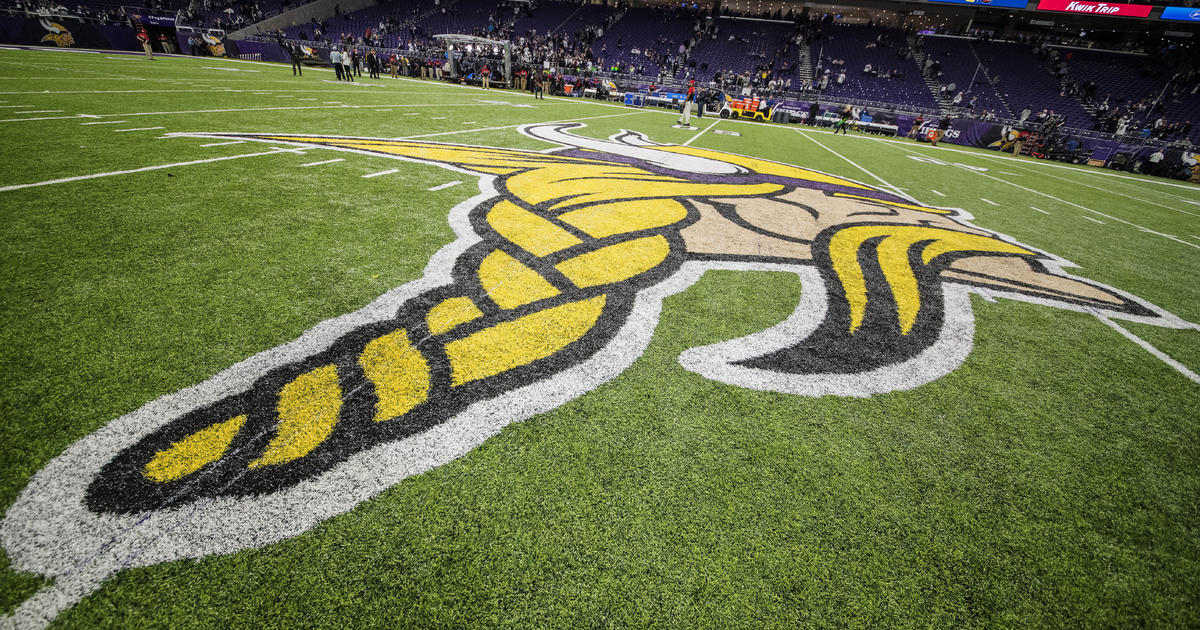Where Do All Our Raked Leaves Go?
MINNEAPOLIS (WCCO) -- Every autumn, Minnesotans collect an incredible amount of leaves and yard waste through raking, mulching, blowing and sweeping up the streets.
By state law, it's collected separately from the trash so it can be kept out of landfills.
So, what happens to all of the leaves? Good Question.
Each city has its own process for leaf disposal. Some municipalities offer pick-up service through the city or a waste hauler, while others allow people to take their yard waste to drop-off sites. Whichever the way, most of the leaves end up at a spot where they are eventually composted.
In the city of Minneapolis, recyclers bring the leaves, yard waste and street sweeping debris to SKB Environmental in northeast Minneapolis. From there, it's picked up by a processing facility who will take it to another spot. Municipalities all over the metro contract with several different companies to compost the leaves.
One those spots is The Mulch Store, a recycling and composting facility in Burnsville. Workers there grind the leaves and yard waste into a smaller particulate size before mixing the leaves and grass together.
"Through Mother Nature, we have moisture and oxygen added to that pile to turn around and create compost," says Chuck Jozwiak with the Mulch Store.
The pile is then turned several times over a six to nine month period. Its temperatures can reach 130 to 170 degrees, which begins the process of breaking down the leaves. The leaves are then sent through a screening machine to take out any trash. The Mulch Store creates different mixes with the compost and sells them to various places.
"Your leaves could very well end up back at your house or in your lawn or in your garden," says Jozwiak.
The City of St. Paul says this is also a good time to encourage neighborhoods to become part of its Adopt-A-Drain program. That's a partnership between the city, the Capitol Region Watershed District (CRWD) and Hamline University for neighbors to prevent waste from getting into storm drains, which helps preventing localized flooding, minimize pollution entering into streams, lakes and the Mississippi River.



